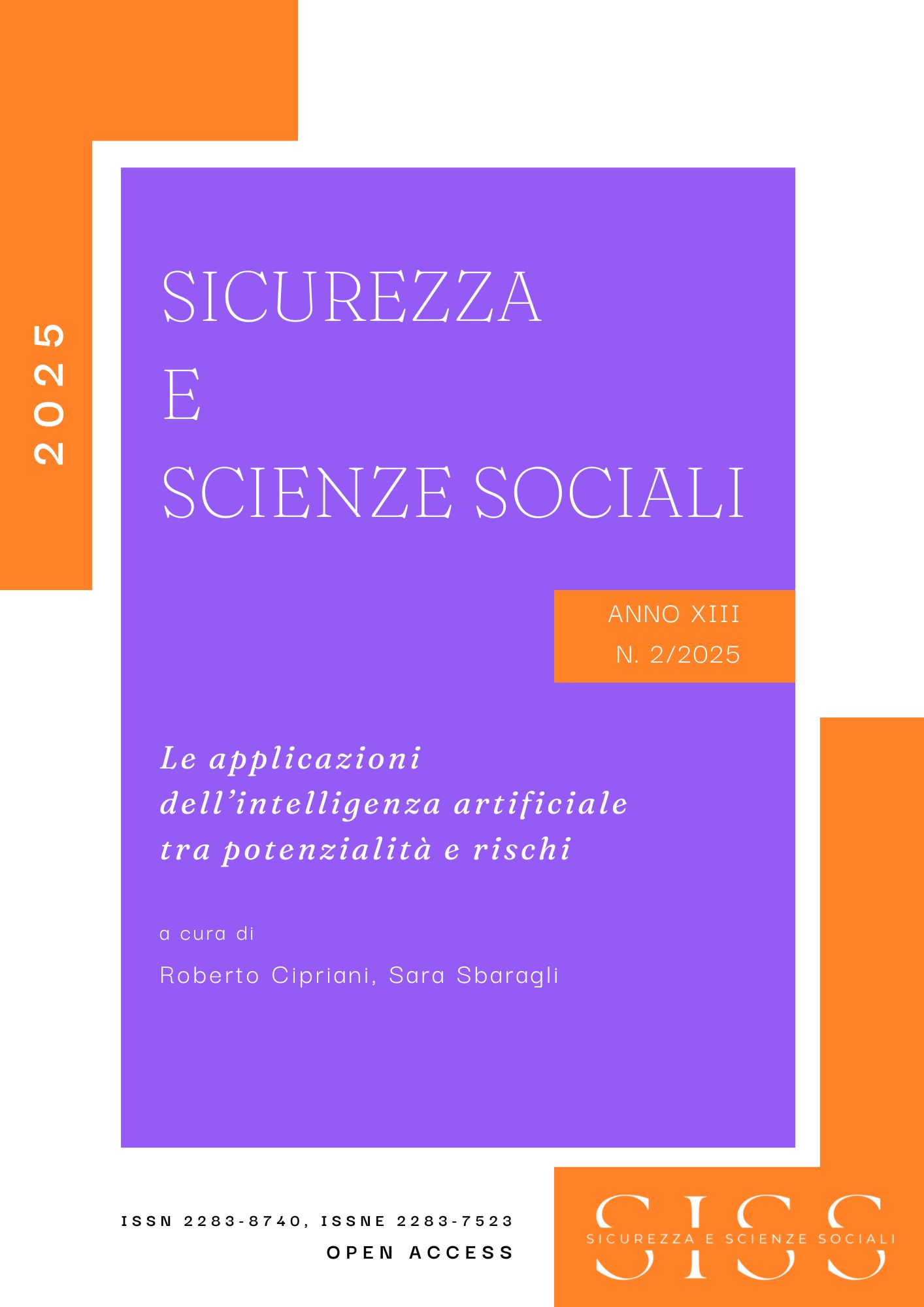The narrative of politics according to AI. The case of the Russian-Ukrainian conflict

Abstract
Generative artificial intelligence is reshaping information production, raising questions about source selection, response neutrality, and their evolution over time. This study compares the responses provided by ChatGPT-4 and Copilot on the Russia-Ukraine conflict, analyzing the changes between 2024 and 2025. The results show an increasing pro-Ukrainian bias, with a focus on humanitarian aspects and a progressive reduction of historical approaches in favor of recent developments. The analysis of sources highlights a predominance of journalistic outlets, impacting the generated narratives. These variations raise crucial questions about the role of LLMs in knowledge construction, emphasizing the need for a critical use of AI in political communication and the shaping of public opinion.
Keywords
Russia-Ukraine conflict; sources; disinformation; generative artificial intelli-gence; public opinion; bias.